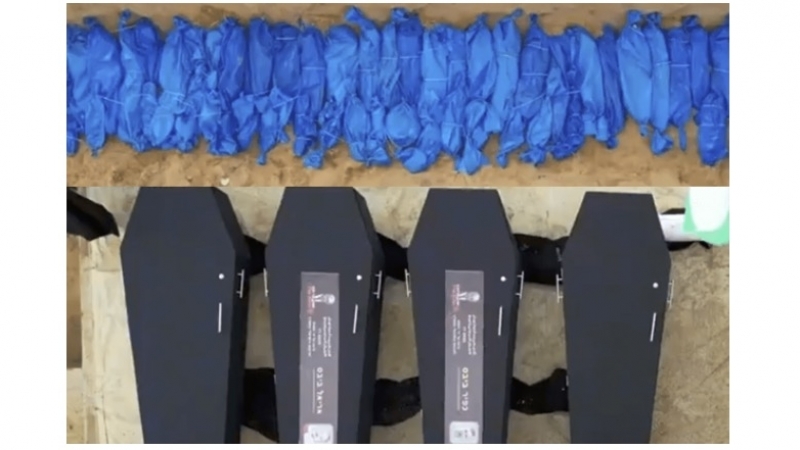



In last month’s column, I reflected on the 20th anniversary of the start of the Bosnia War, which began in March 1992.
The long-suffering people of Bosnia-Herzegovina received two items of bad news last month amid grim reminders of the 20th anniversary of the Serbian-led war that had caused 200,000 Bosnian deaths.
This year marks the 20th anniversary of the brutal war imposed on Bosnia-Herzegovina.
Early last month, Bosnians marked the 20th anniversary of the beginning of the genocidal war waged against them by the Serbs and Croats of former Yugoslavia, a war whose objective was the extermination of the largest indigenous Muslim community remaining in Europe.
Maksud Djavadov, researcher and analyst at the Institute of Contemporary Islamic Thought (ICIT), visited Sarajevo in August 2010 to conduct field research and examine the current situation of Islamic revival there.
The two defendants convicted of genocide were Lt. Col.Ljubisa Beara, 70. A third Bosnian Serb Army officer, Drago Nikolic, 52, was found guilty of aiding and abetting genocide and sentenced to 35 years. Four other defendants were convicted of crimes against humanity and other wartime atrocities...
The long-awaited report on the massacre of 8,000 Muslim men and boys by Serb forces in the UN ‘safe haven’ of Srebrenica in 1995 blames the Dutch government, its army and the UN for the genocide. Prepared by the Netherlands Institute for War Documents (NIOD) and published on April 10, the 7,000-page document strongly criticises the government for sending ill-prepared troops on a vaguely defined mission to the UN safe haven...
‘What shocked you most in Bosnia?’ people keep asking me since I got back. Probably a reply bewailing the gutted houses or the glutted cemeteries or the vandalised mosques is what they expect.

